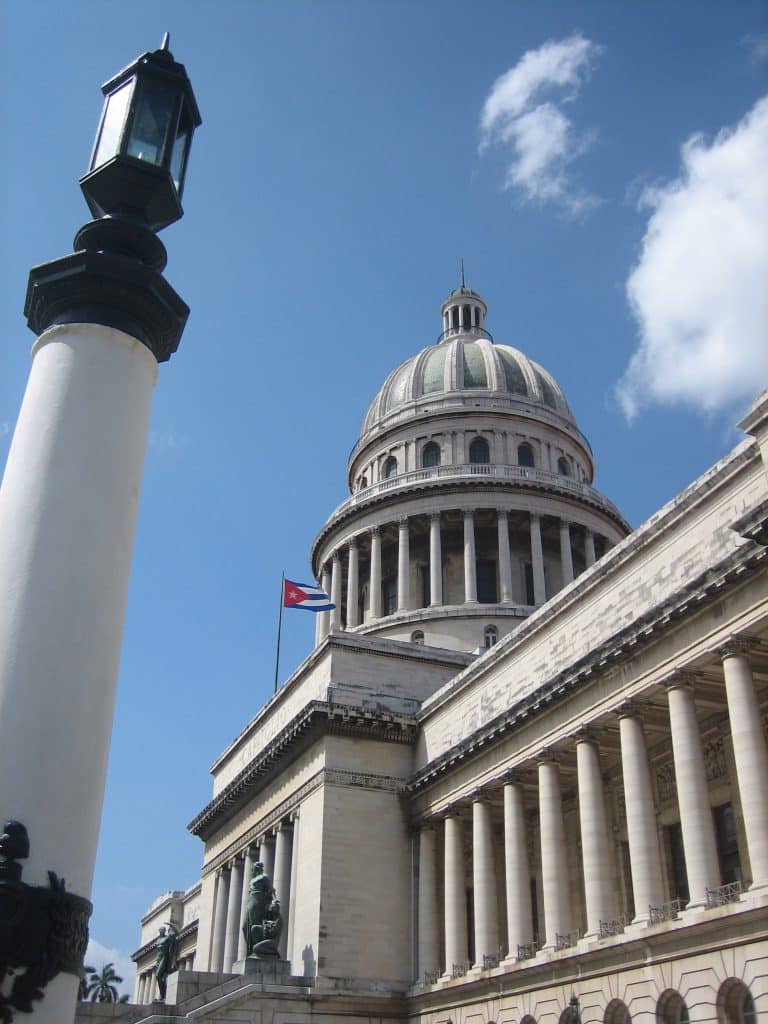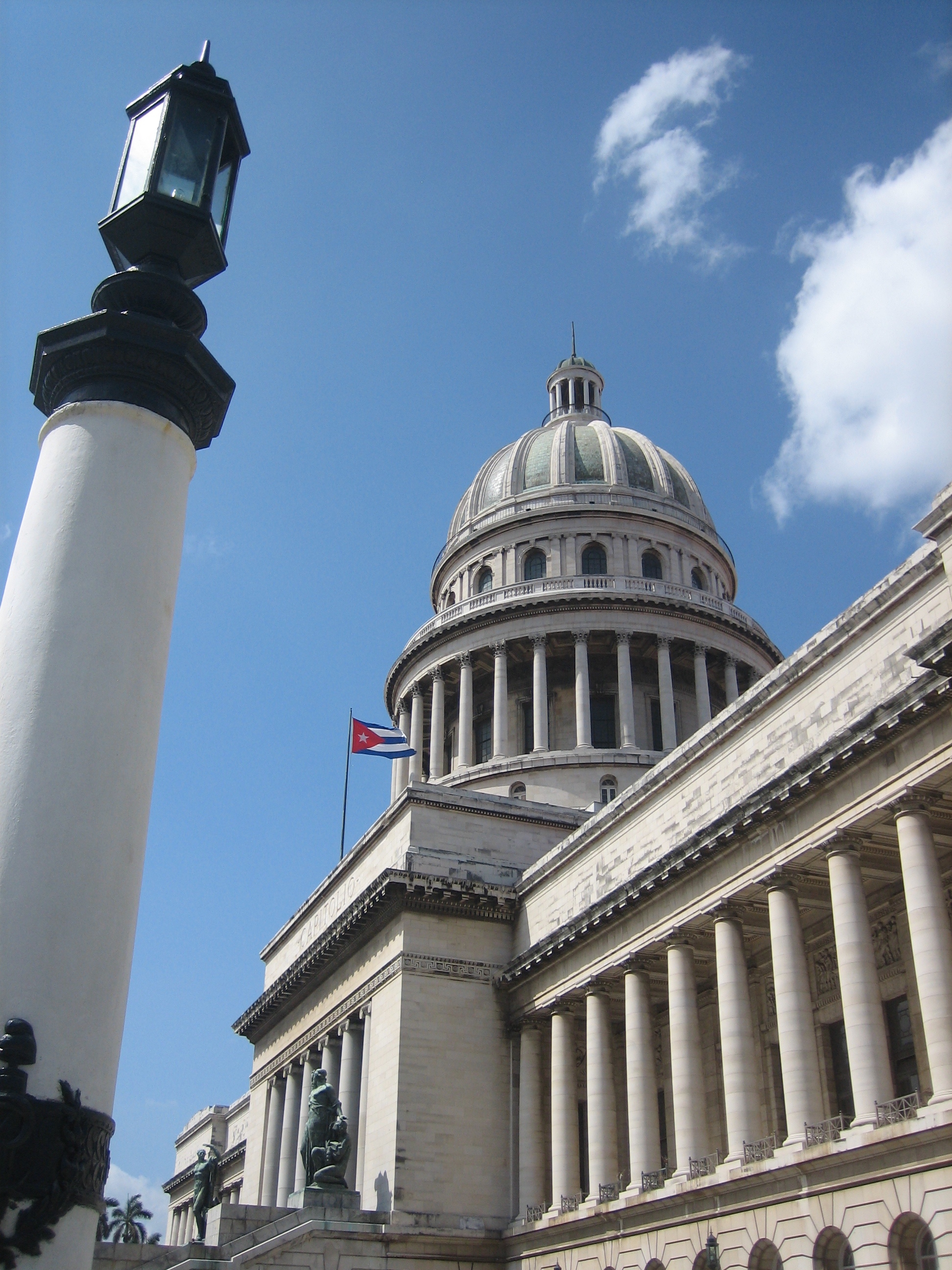
Obama Visits Castro: Understanding U.S. and Cuban Relations
Caleb Ecarma, News Editor
On March 20, 2016, Obama became the first sitting American president to visit Cuba in 88 years. This visit came after diplomatic restorations between Cuba and the U.S. occurred in 2015.
However, this resurging relationship between the U.S. and Cuba came after years of tension and distrust between the two nations.
After the 1959 Cuban Revolution, in which Fidel Castro’s communist regime overthrew the residing government, the U.S. became increasingly skeptical of the Cuba. America’s cynicism towards Castro’s country stemmed from the communist regime’s murder and imprisonment of dissidents, crackdown on free speech and seizing of private businesses and property.
In 1961, the U.S. and Cuban relations continued to digress, which resulted in the ending of all diplomatic and trade relations between the countries. During that same year, under John F. Kennedy, the CIA sent 1,500 trained Cuban exiles to overthrow the repressive Cuban government in the failed “Bay of Pigs” operation.
Tensions between Cuba and America reached an all-time high after a U.S. reconnaissance plane photographed the construction of USSR missile sites on Cuban soil.
Throughout the rest of the Cold War, the U.S. continued smaller attempts to overthrow the authoritarian government by means of political, psychological and military sabotage.
During the many years that Cuba has been under the current authoritarian government, many Cubans have attempted to flee the country and cross the 90 mile ocean divide to make it to the U.S.
“My parents, who left in the 60s, had a good life; they had money, they were comfortable when they in Cuba, but they had to come to the U.S. to find opportunity and freedom,” said Charlie Garcia, a second-generation Cuban immigrant, whose parents both left Cuba and immigrated to the U.S. before the communist regime took over.
“They left something good to come to the unknown, but it was something that they had to do; they left paradise because the regime was just so bad,” added Garcia.
Obama’s dealings with Cuba have been called into question by many who feel that Obama is validating a regime that currently ranks as the fifth most repressive country in the world.
One of those individuals skeptical of Obama’s visit to Cuba is Garcia, who said, “There’s never been a good feeling towards Cuba from the Cuban community that I was in, and with the Obama negotiations and the message he’s sending, it’s just gotten worse.”
While in Cuba, Obama engaged in talks with Raul Castro and even attended a baseball game between the MLB Tampa Bay Rays and the Cuban National Team.
“I just don’t think it shows much respect, I think that Obama is insulting all the people who fought for freedom, all the people that left there and died trying to find freedom,” said Garcia regarding how Obama spent his time in Cuba.
Garcia continued by pointing out that the rekindling of relations between the U.S. and Cuba will only benefit the Cuban government, not the Cuban people.
“When the people in Cuba have the same freedoms that my parents came to the U.S. to have, then I think real progress will have been made and Cuban-Americans may be open to going back there,” concluded Garcia.

